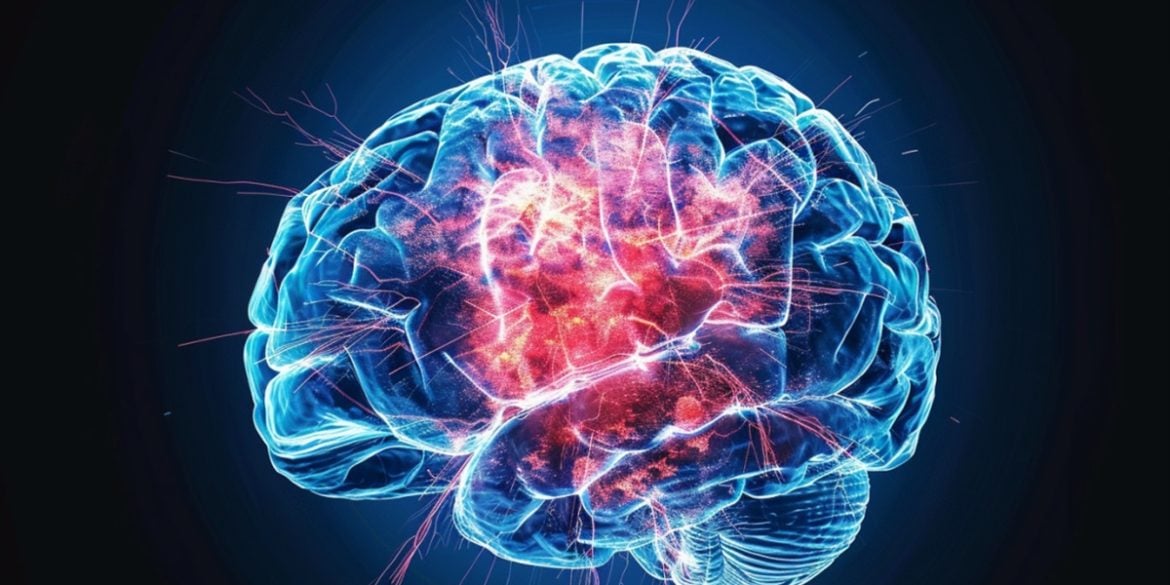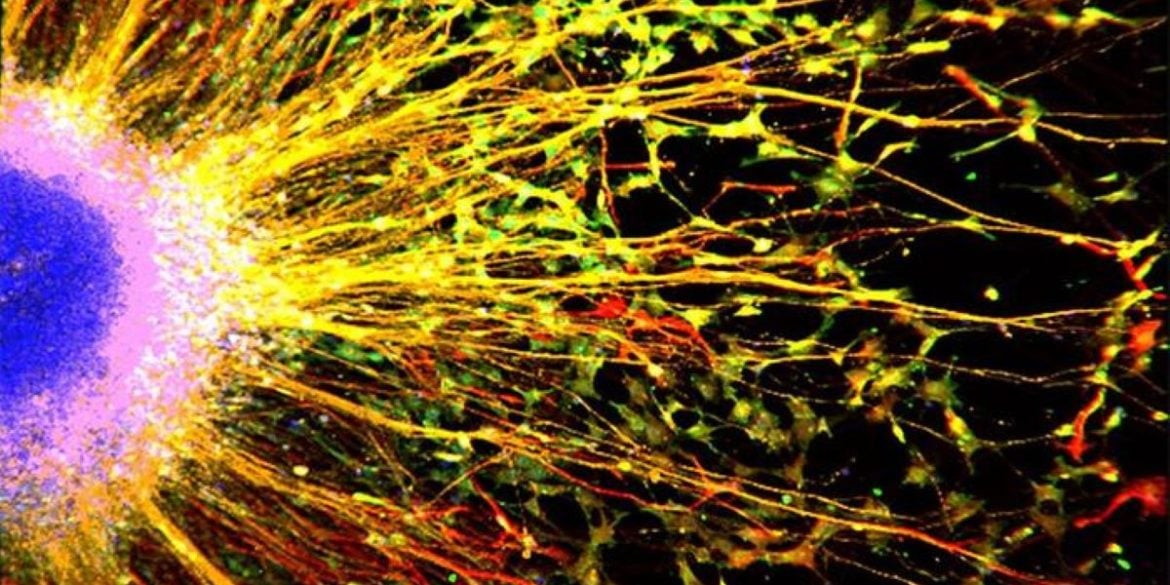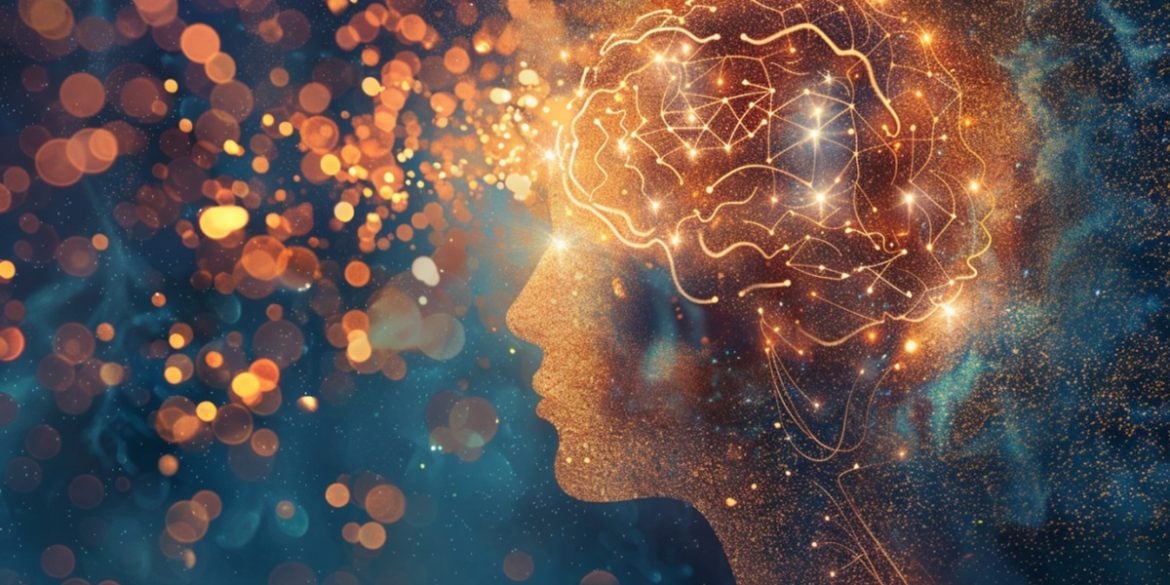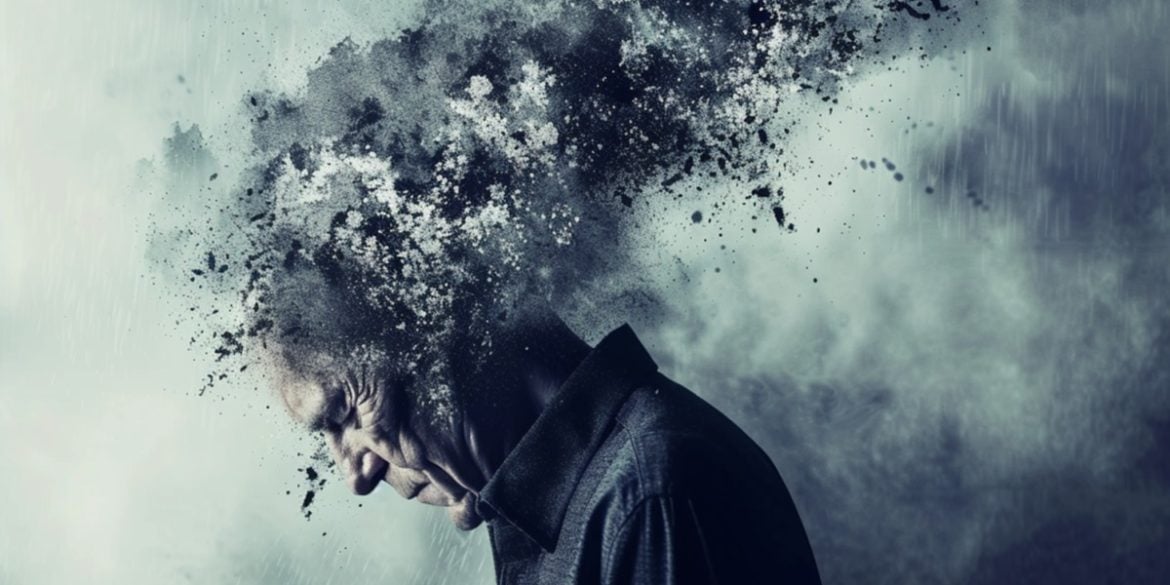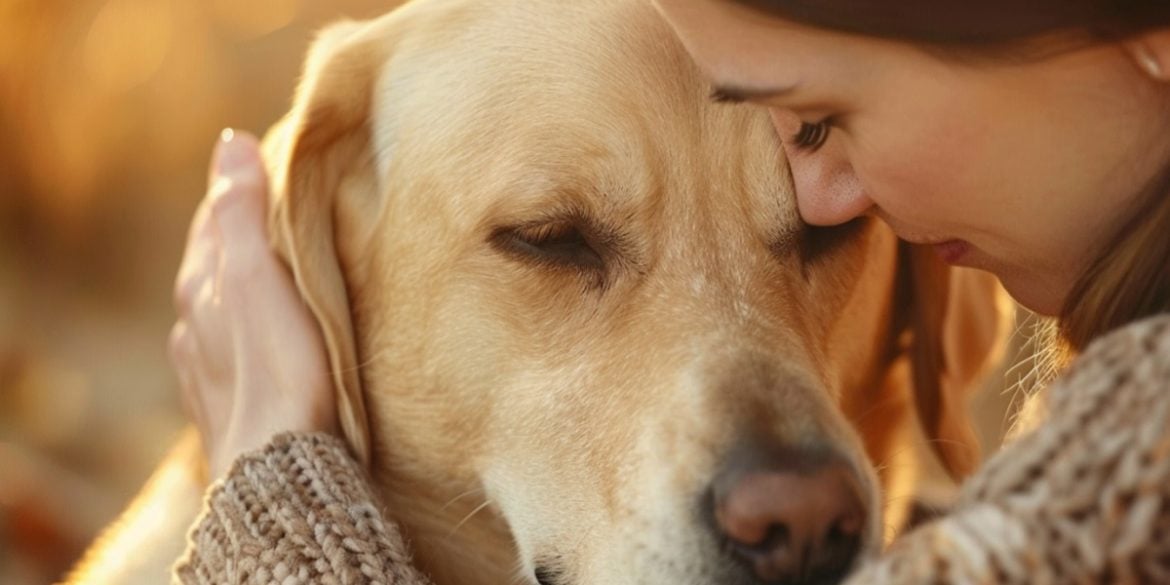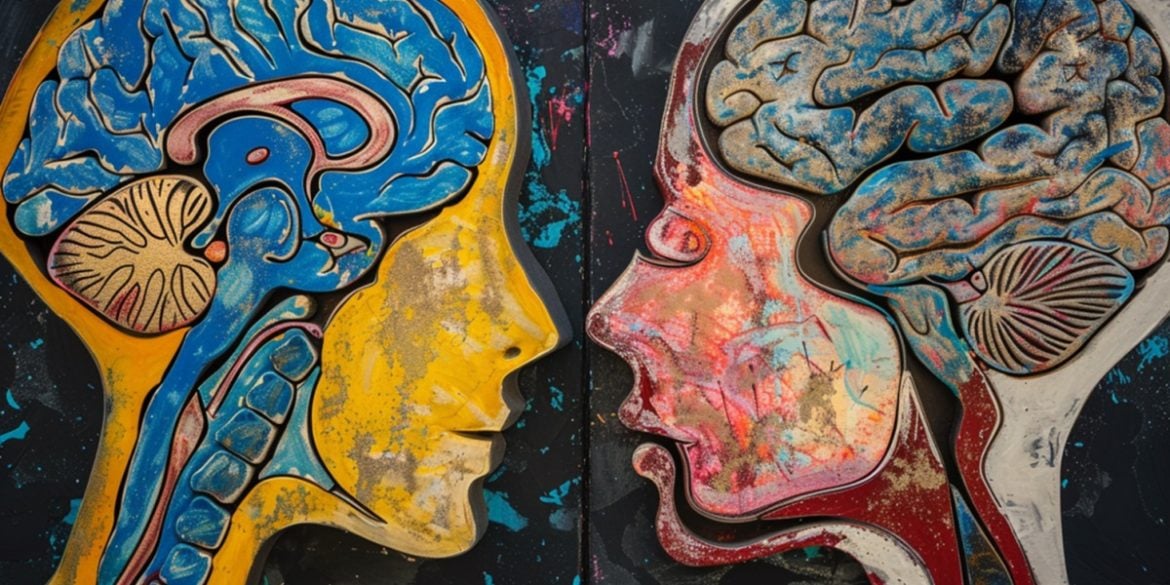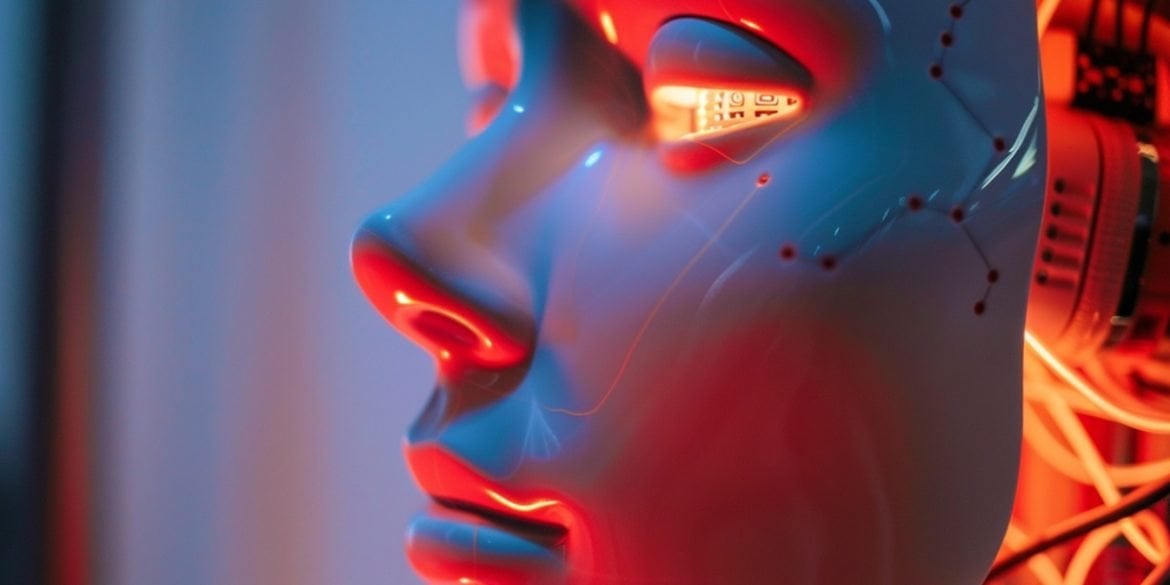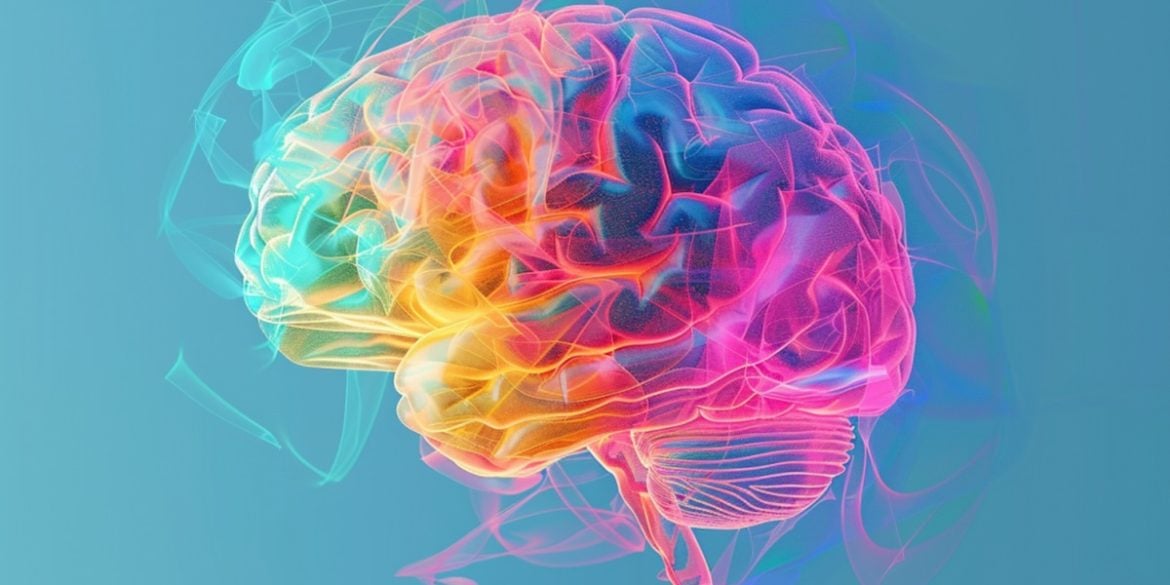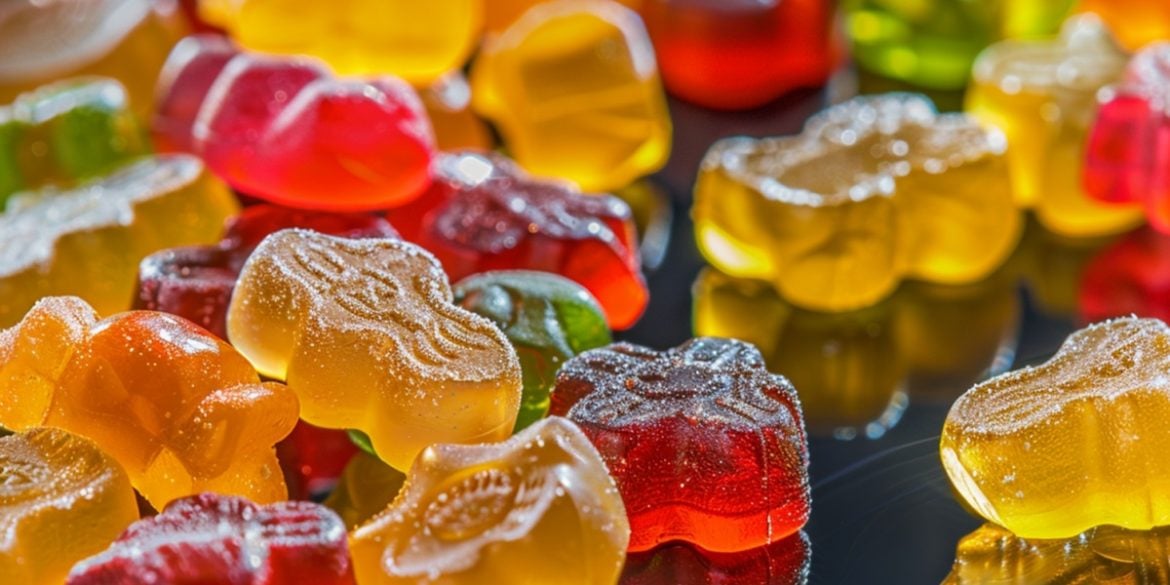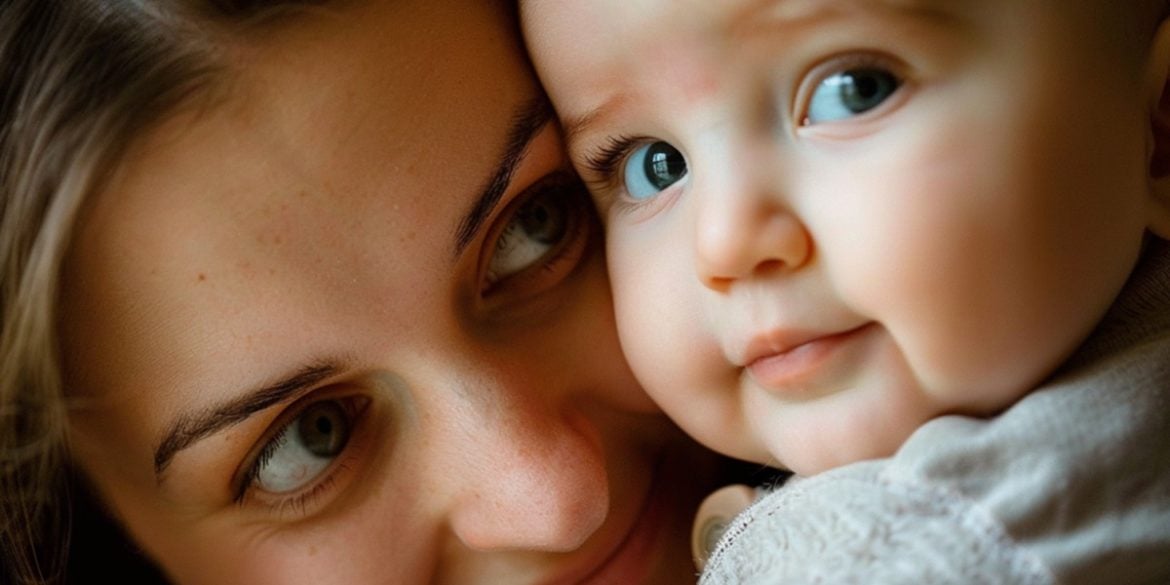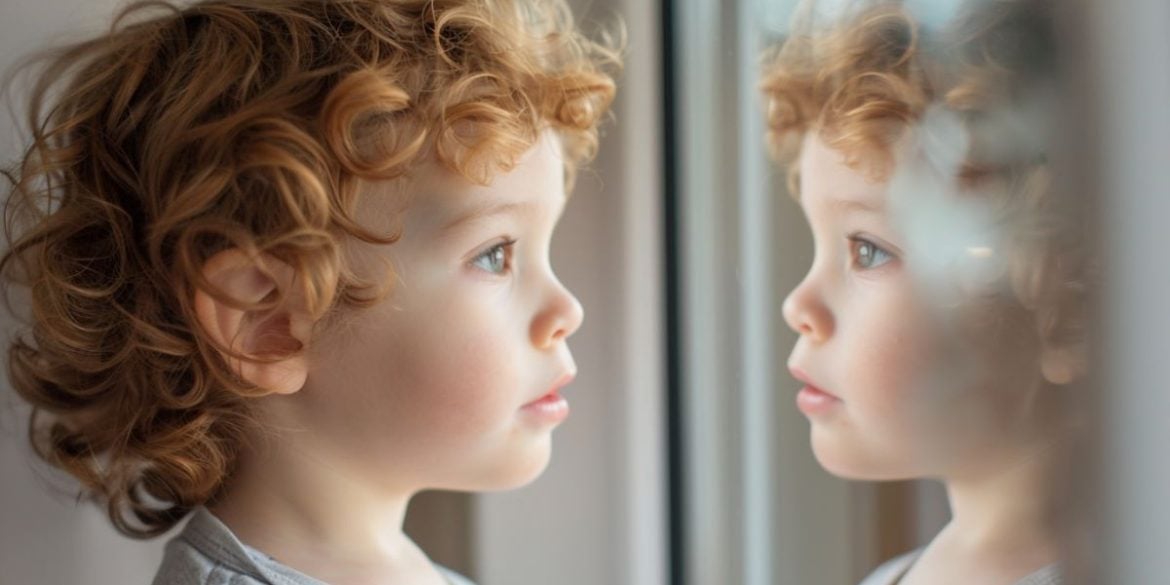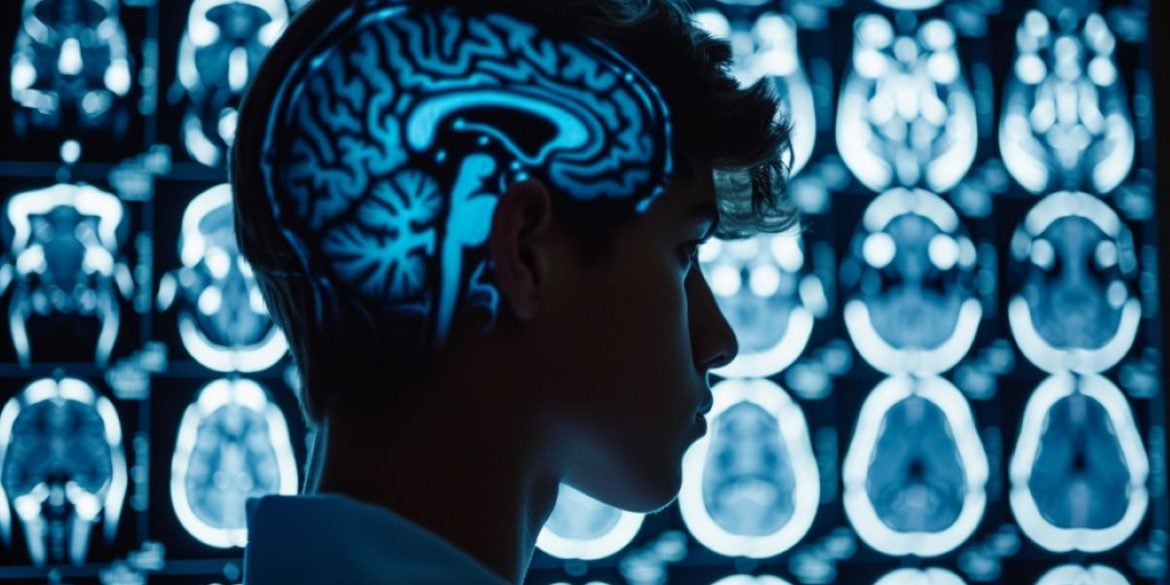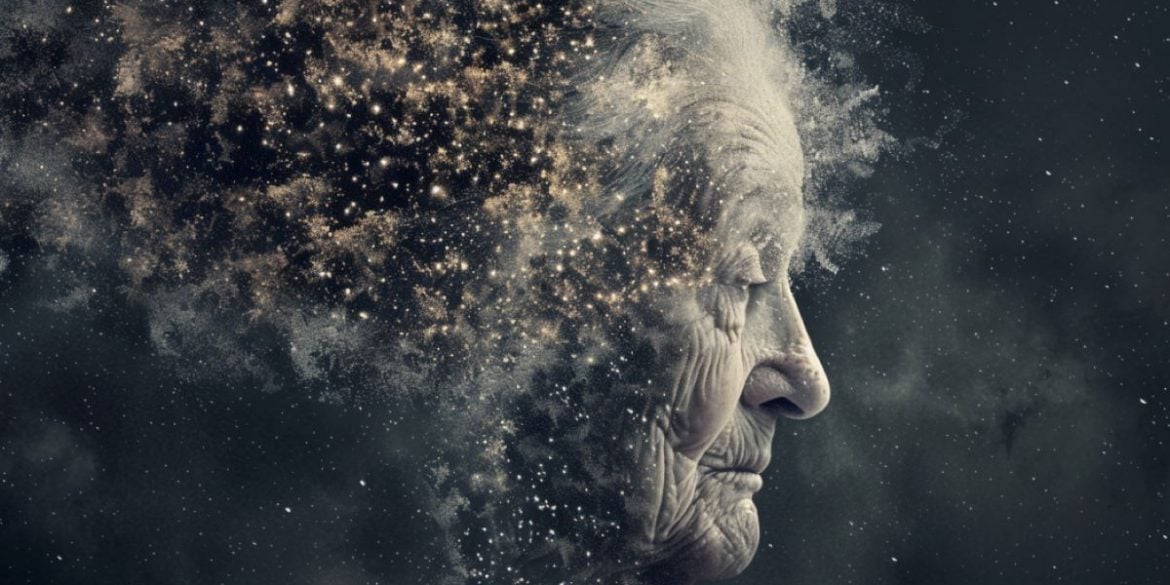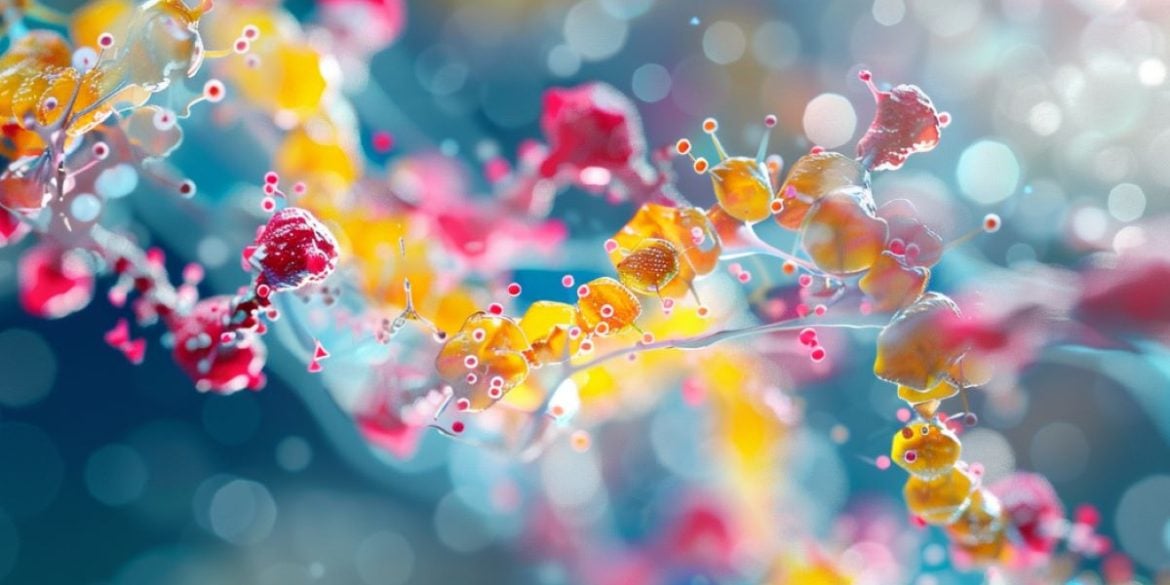Key Neurons for Maternal Bonding Identified
A new study reveals that specific neurons in the brain's zona incerta (ZI) are crucial for early social interactions between infants and their mothers.
Neuroscience News > Featured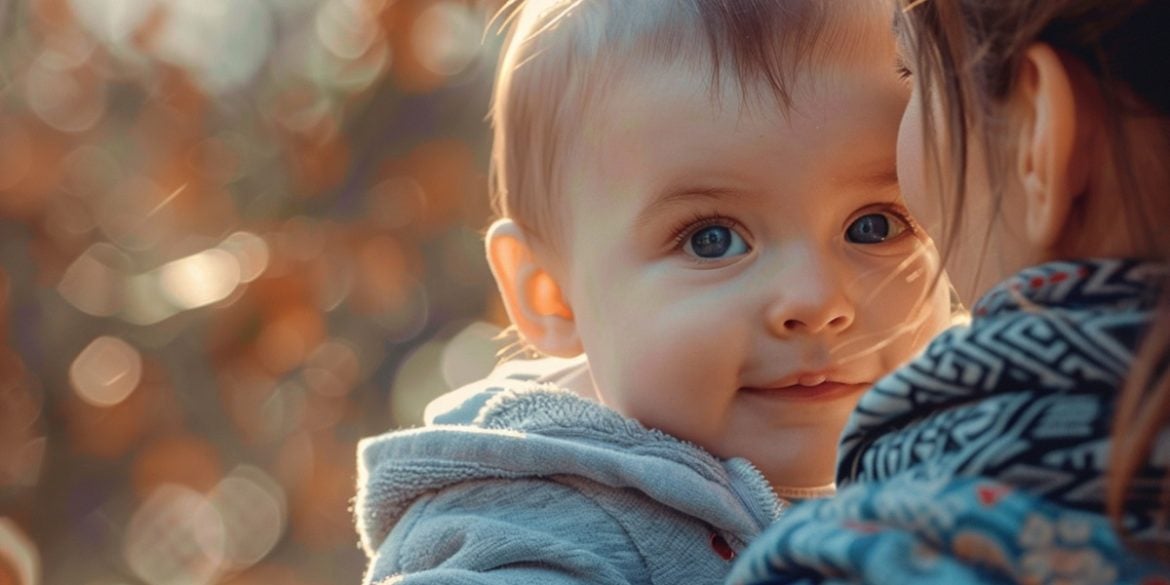
Neural Vulnerabilities and Resilience in Alzheimer’s Explored
Researchers uncover how specific brain cells and circuits become vulnerable in Alzheimer's disease and identify factors that may promote resilience to cognitive decline.
Neuroscience News > Featured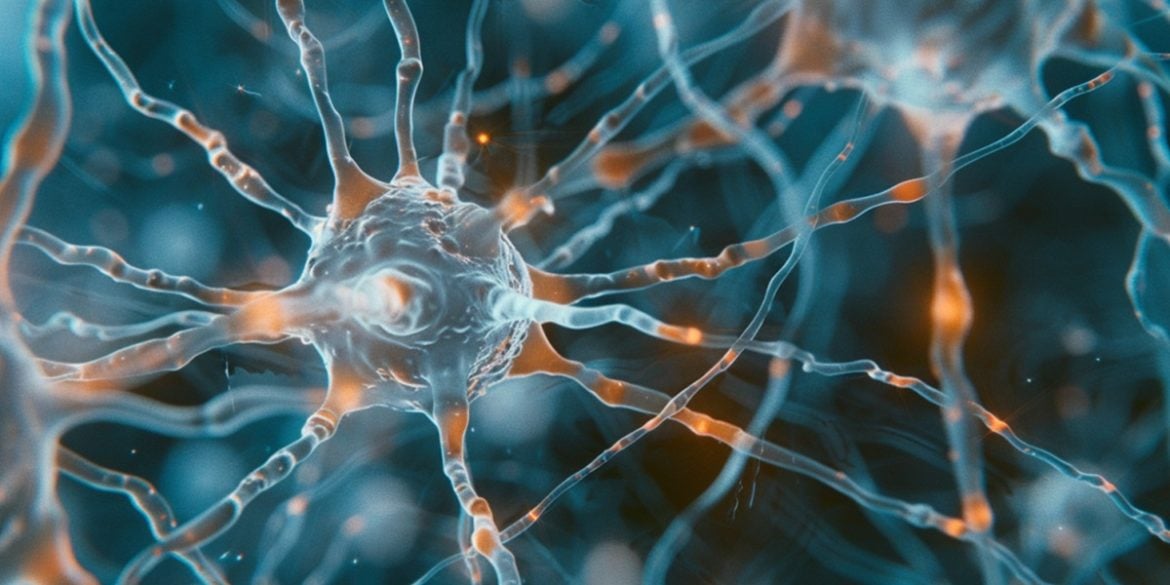
Researchers Use Game of Thrones to Study Face Blindness
Researchers used Game of Thrones to study how the brain recognizes faces, providing insights into prosopagnosia, a condition affecting facial recognition in 1 in 50 people.
Neuroscience News > Featured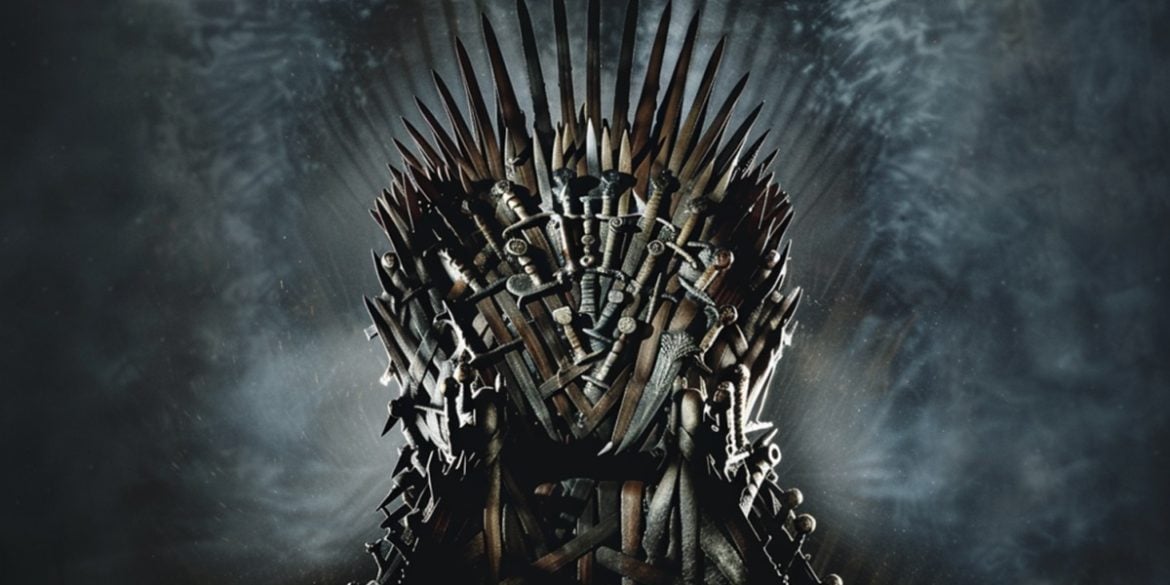
Daily Naps and Brain Training Reduce Dementia Risk
Exercising our brains with daily habits like naps and memory workouts, instead of relying on smartphones, can reduce the risk of age-related dementia.
Neuroscience News > Featured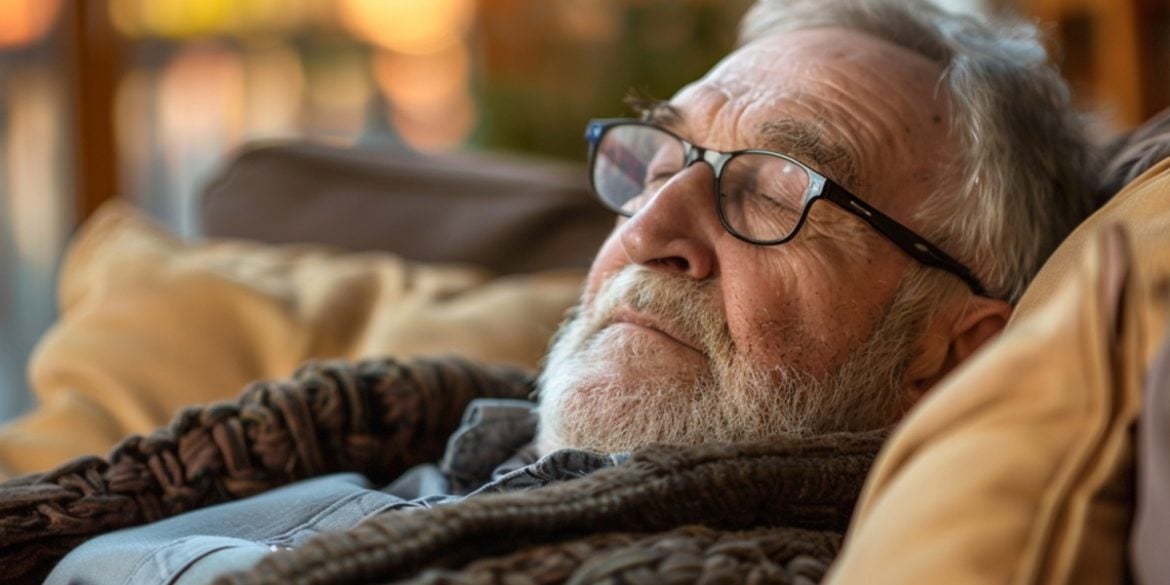
Neuropeptides, Not Neurotransmitters, Drive Brain’s Fear Response
Researchers have discovered that neuropeptides, not neurotransmitters, are the primary messengers in the brain's fear circuit.
Neuroscience News > Featured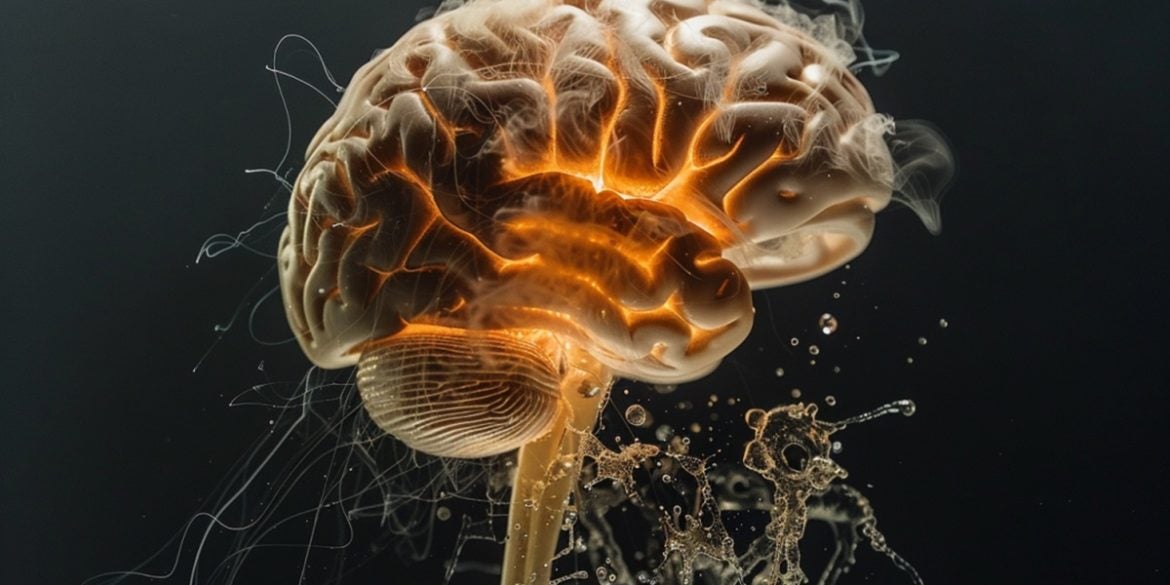
Astrocytes: The Unsung Heroes of Learning and Memory
Astrocytes, star-shaped glial cells in the brain, play a crucial role in learning and memory by regulating synaptic plasticity.
Neuroscience News > Featured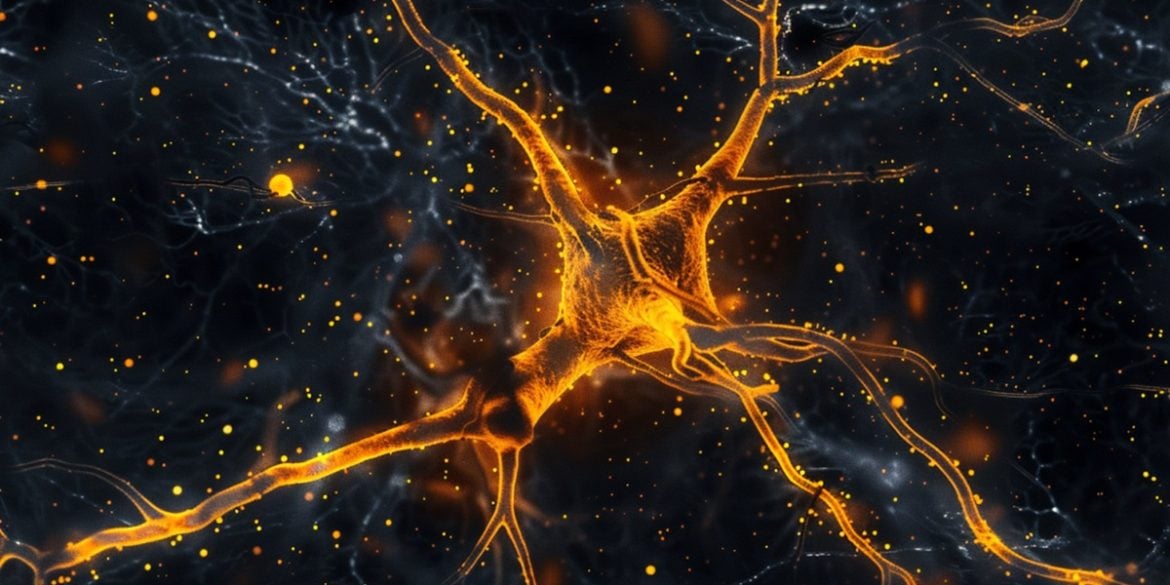
Healthy Prenatal Diet Linked to Lower Autism Risk
A new study suggests that a healthy prenatal diet may lower the risk of autism and social communication difficulties in children, according to researchers who analyzed data from two large cohort studies in Norway and the UK.
Neuroscience News > Featured
Childhood Vision Loss Affects Sound Distance Judgement
New research reveals that individuals who experience vision loss before age 10 struggle more with judging sound distance compared to those who lose sight later in life.
Neuroscience News > Featured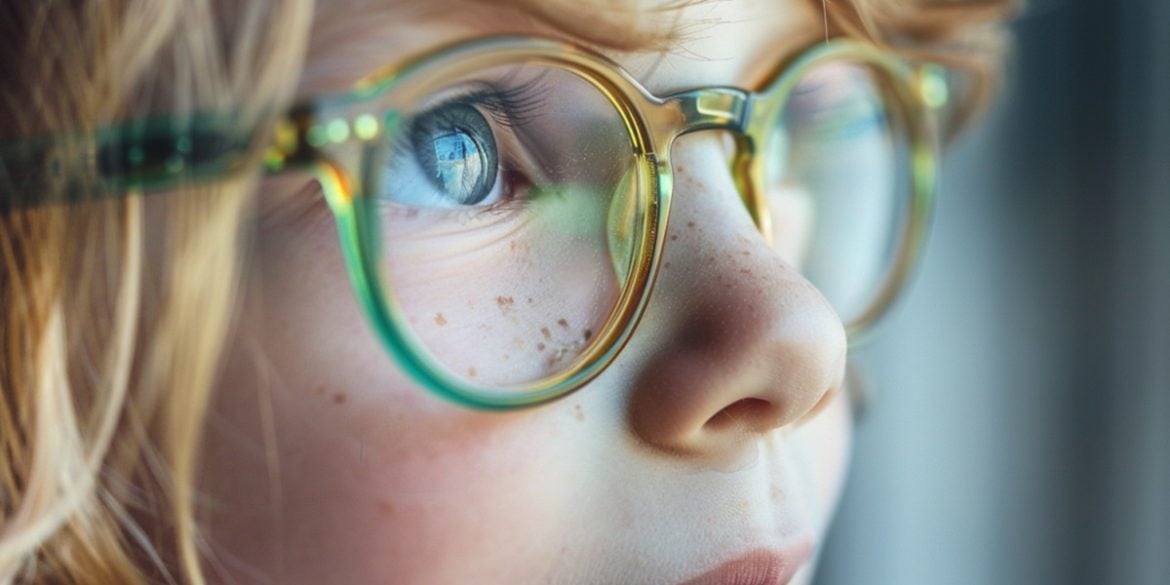
Making Us Blush: Study Explores Blushing Mechanisms
The study found that blushing activates the cerebellum and early visual areas, but not regions linked to understanding mental states.
Neuroscience News > Featured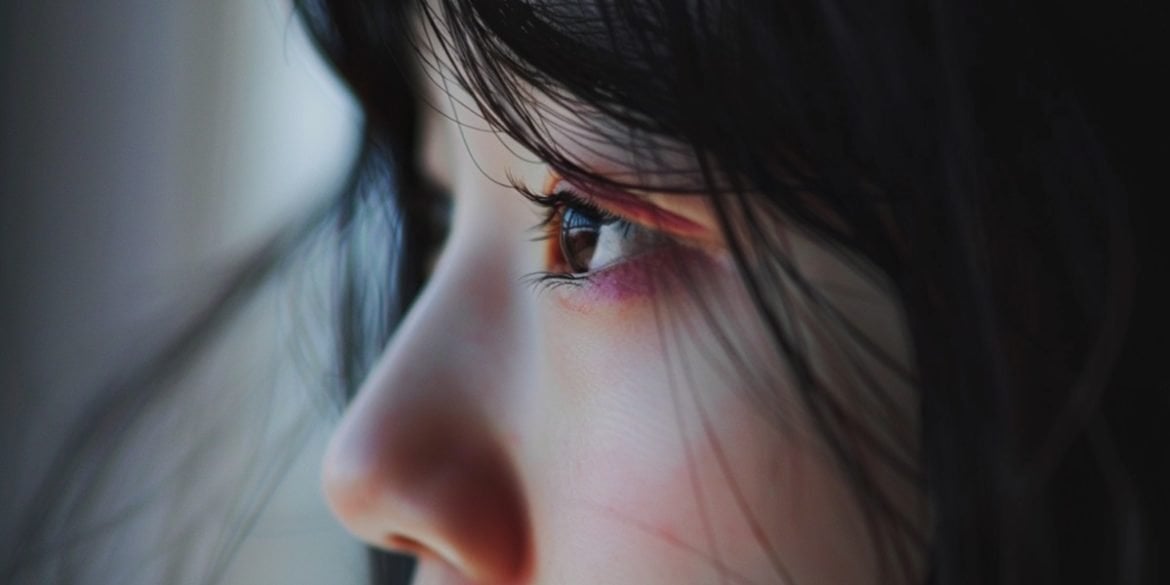
Cuttlefish Can Create False Memories, Just Like Humans
Researchers have discovered that cuttlefish can form false memories, similar to humans.
Neuroscience News > Featured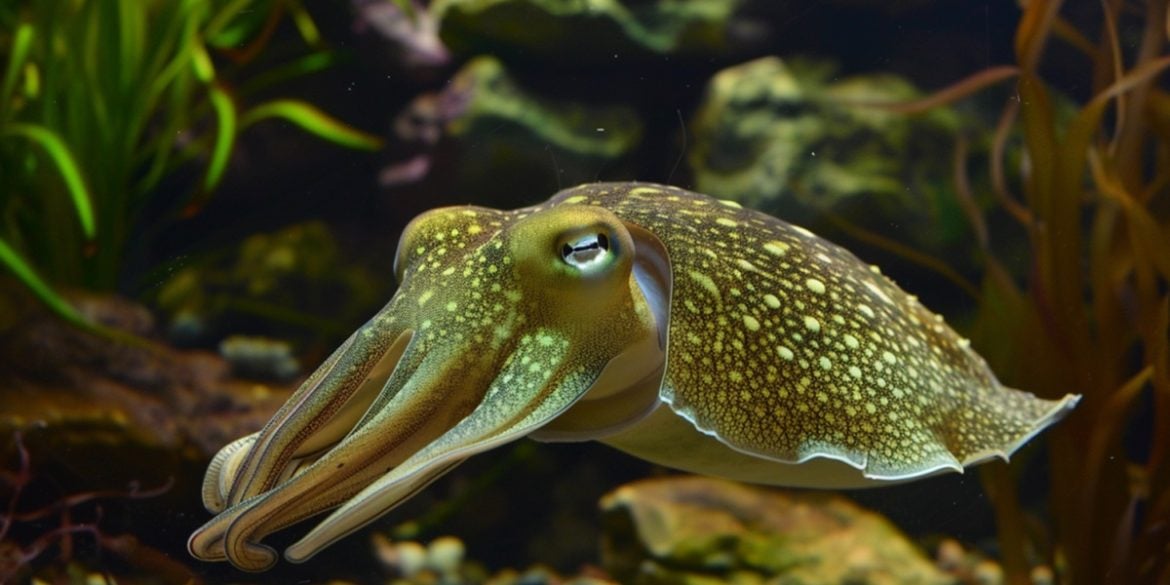
Mind-Bending: Psilocybin Reshapes Brain Networks for Weeks
A new study reveals that psilocybin, the active compound in magic mushrooms, temporarily disrupts brain networks involved in introspective thinking, like daydreaming and memory.
Neuroscience News > Featured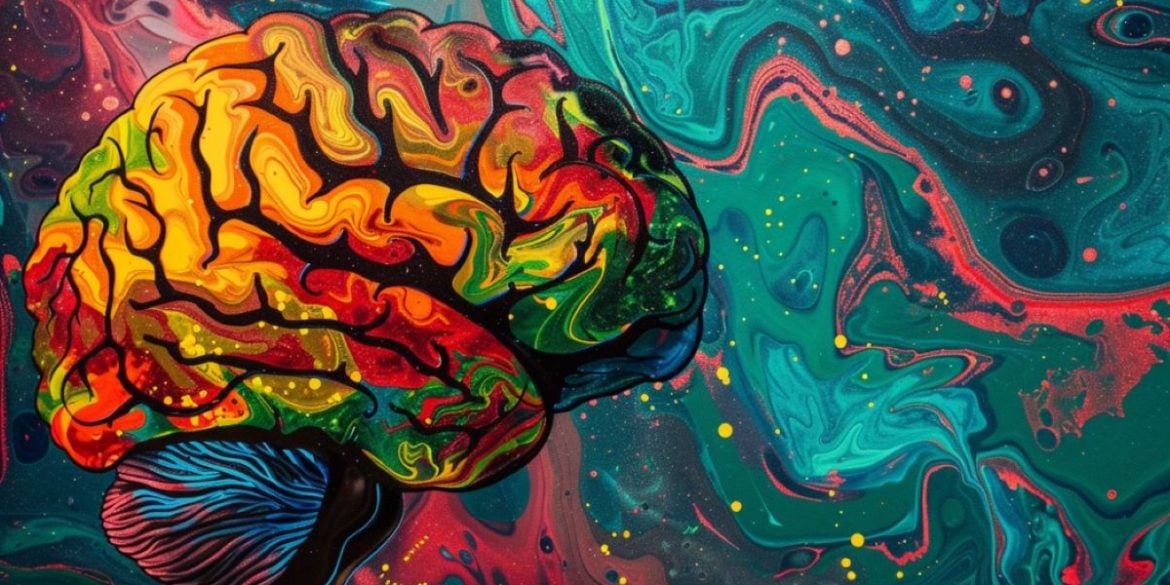
New Technique Shows Promise in Fighting Brain Cancer
Researchers developed a new method, burst sine wave electroporation (B-SWE), to treat glioblastoma, a fast-growing brain tumor.
Neuroscience News > Featured